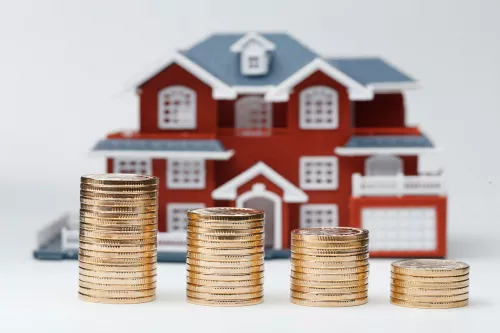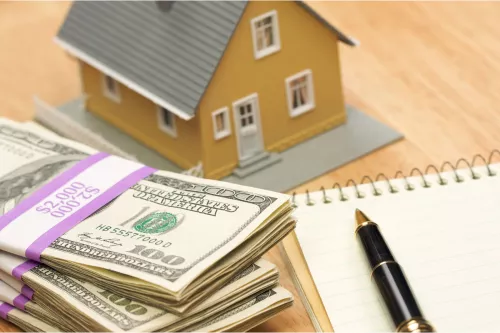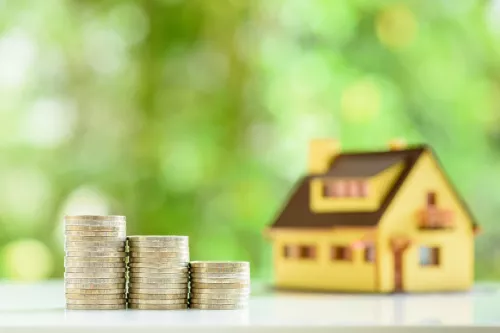The reasons people gravitate towards inexpensive homes are as varied as the landscapes these properties inhabit. For many, the primary motivator is economic efficiency; the prospect of reducing living expenses or securing a mortgage that doesn't stretch the budget too thin is incredibly appealing.
Others are drawn to the potential for creativity and customization, seeing in these more modest dwellings a blank canvas ripe for transformation into a personalized haven. From first-time purchasers embarking on the journey of homeownership to seasoned investors seeking value and potential, the quest for affordability intersects with a multitude of desires and dreams.
The real estate industry has responded to this growing interest with an array of solutions and opportunities. From listings that highlight foreclosed properties ripe for revival, to platforms specializing in tiny homes and modular housing, the market is adapting, offering a broader spectrum of affordable options than ever before.
This responsiveness not only caters to the demand for cheaper homes but also fosters a more inclusive environment where homeownership becomes accessible to a wider audience.
The Quest for the Lowest Price Tag
West Virginia is renowned for offering some of the most affordable housing in the nation, with an appealing average price point of $98 per square foot and typical home sales around $140,000, especially for properties nestled along its picturesque highways.
Additionally, the state boasts a low property tax rate. It's crucial to acknowledge that housing prices are subject to change due to market trends, yet certain areas, including Texas, Mississippi, and Arkansas, consistently present more economical options, with home costs substantially below the national average.
Types of Affordable Housing
Several types of housing are known for their affordability. Manufactured homes, for instance, offer a cost-effective alternative to traditional site-built homes. Co-ops and condos can also present more affordable options, especially in urban areas where single-family homes carry a premium.
Tiny homes have gained popularity for their minimalistic approach and lower costs, appealing to those looking to downsize and simplify their living situation.
Manufactured homes
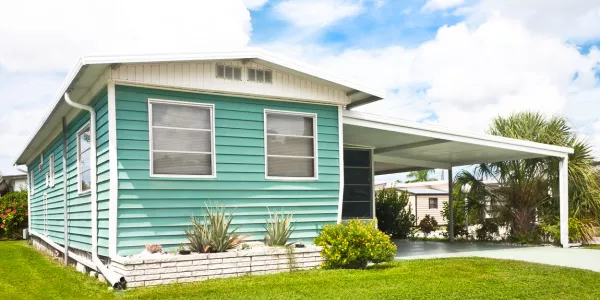
They share structural similarities with mobile homes but do not come equipped with wheels, making them stationary. Despite this, it is possible to relocate manufactured homes using a heavy-duty truck, although the process is more complex compared to mobile homes.
This complexity often requires obtaining the appropriate permits and hiring a specialized moving service, with costs for relocating within a 50-mile radius typically ranging between $5,000 and $8,000.
Mobile Home
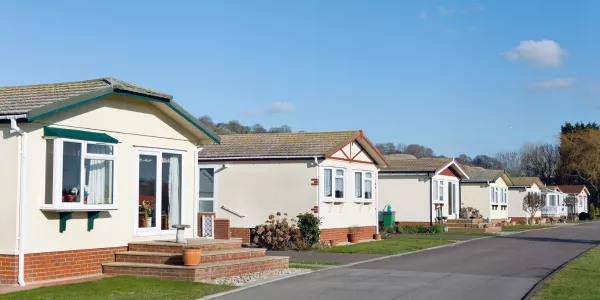
It is characterized by its defining feature: wheels. This type of home caters to those who value the freedom to move and not be anchored to one specific spot. Owners of mobile homes appreciate the ability to shift locations for career opportunities or simply to experience life in different towns.
Furthermore, these homes can be acquired for a starting price of around $25,000, making them an affordable option for many.
Tiny Homes
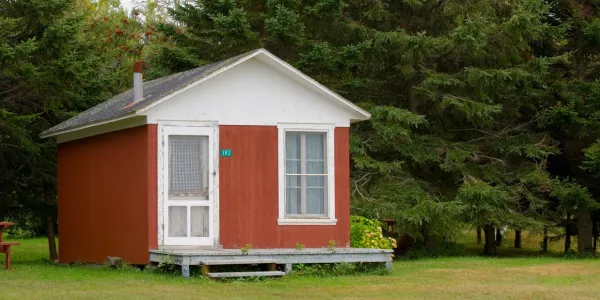
Tiny homes are exceptionally compact, typically under 500 square feet, with some as tiny as 100 square feet, similar to a large garden shed. Yet, when expanded to 400-500 square feet, they appeal more widely.
Despite their small size compared to standard apartments, spaces over 400 square feet can be quite cozy with smart design. However, building tiny homes often involves regulatory considerations, so understanding local codes and restrictions is essential before starting your tiny home project.
Container Homes
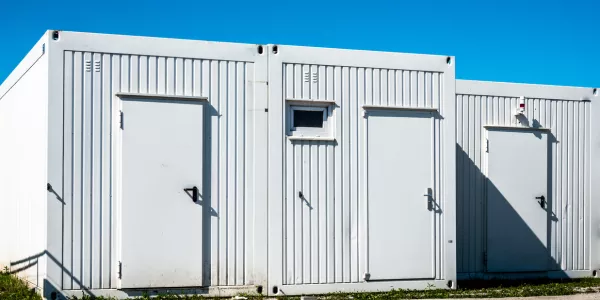
It has become a fashionable choice among eco-conscious builders seeking innovative recycling methods. Constructed from repurposed steel shipping containers, which can be acquired for as little as $1,400 apiece, these homes offer a sustainable housing option.
For those new to container home construction, it's advisable to consult with a specialist in the field who can assist in envisioning and designing the final structure. These shipping containers can be ingeniously configured in various arrangements, including multi-level designs, to create homes in a wide array of styles.
Co-ops (cooperatives) and condos (condominiums)
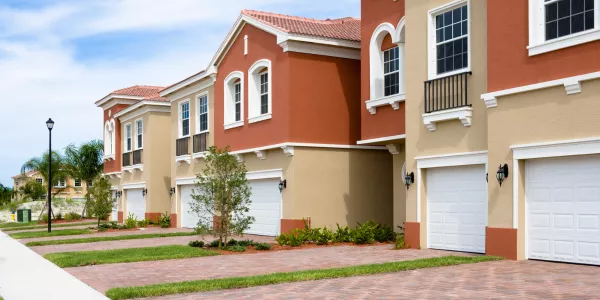
They also represent affordable housing alternatives, particularly in urban areas where traditional single-family homes may be prohibitively expensive.
Co-ops involve purchasing shares in a corporation that owns the building, giving residents the right to occupy a specific unit. Condos, on the other hand, involve outright ownership of the unit itself, along with shared interest in common areas
Locating the Most Affordable Places
Identifying the most cost-effective living areas involves exploring various rankings that assess cities based on affordability, including housing costs and overall living expenses.
Notably, cities such as Sioux Falls, SD, Reno, NV, Provo-Orem, UT, Madison, WI, and Huntsville, AL stand out for their economic housing and low living costs, paired with job prospects, making them ideal for a wide audience from families to recent graduates seeking value.
Additionally, the broader cost of living encompassing utilities, groceries, and taxes is crucial. Regions like Oklahoma, Alabama, and Kansas are distinguished for their affordability, drawing those in pursuit of economical living options.
Weighing the Pros and Cons
Purchasing a cheap home can be a double-edged sword. Let’s check some pros and cons when buying a cheap home:
The advantages of purchasing inexpensive properties are numerous:
- Affordability is the standout benefit, providing substantial physical assets for the investment.
- Ideal for investors with cash, eliminating the need for a mortgage and related lending criteria.
- Reduces the financial burden for investors, including lower Stamp Duty, down payments, monthly repayments, and interest rates.
- Generally entails lower investment risk due to the lesser amount of capital involved.
- Typically faces less buyer competition, especially in economically weaker regions, offering a wider selection of properties.
- High rental demand in such areas can lead to excellent rental opportunities.
- A significant perk is the potential for high rental yields, as lower purchase costs can still command substantial rents, boosting the return on investment.
However, the drawbacks of investing in low-cost properties are equally important to consider:
- There's always a reason for the low cost, often tied to economic challenges or social issues in the area.
- Property values can be unstable, with limited appreciation potential and heightened vulnerability in economic downturns.
- Selling such properties can be challenging, sometimes nearly impossible under certain conditions.
- The prospect for capital growth is generally lower compared to more affluent areas.
- Rental opportunities might be confined to specific tenant demographics, which could limit achievable rents.
- Managing properties in these regions might require more effort and resources.
- Opportunities to enhance value through renovations or developments might be constrained, with improvements potentially not translating into proportional increases in property value.
Assessing the Worth of Affordable Homes
So, is it worth buying a cheap house? The answer largely depends on individual circumstances, including financial stability, willingness to invest in repairs, and long-term goals. For some, it's a stepping stone to homeownership and financial independence.
For others, the potential risks may outweigh the benefits. It's crucial to distinguish between a low price tag and genuine value when it comes to property investment. While inexpensive properties might seem like a great deal at first glance, they can sometimes lead to costly mistakes if not carefully evaluated.
Thorough research, seeking professional advice, and a clear understanding of what you're getting into are essential steps before making such an investment. This approach helps ensure that you're making a decision based on value rather than just an attractive price.
People also ask
Are cheap houses always located in undesirable areas?
Not necessarily. While some affordable homes are in less sought-after regions, others might simply be undervalued or in areas on the brink of revitalization.
Can investing in a cheap home be profitable?
Yes, especially if you're willing to put in the work to renovate and maintain the property. These homes can offer significant returns on investment, particularly in improving neighborhoods.
How can I find cheap homes for sale?
Utilize online real estate platforms, connect with local real estate agents, and explore government and bank foreclosure listings for potential deals.
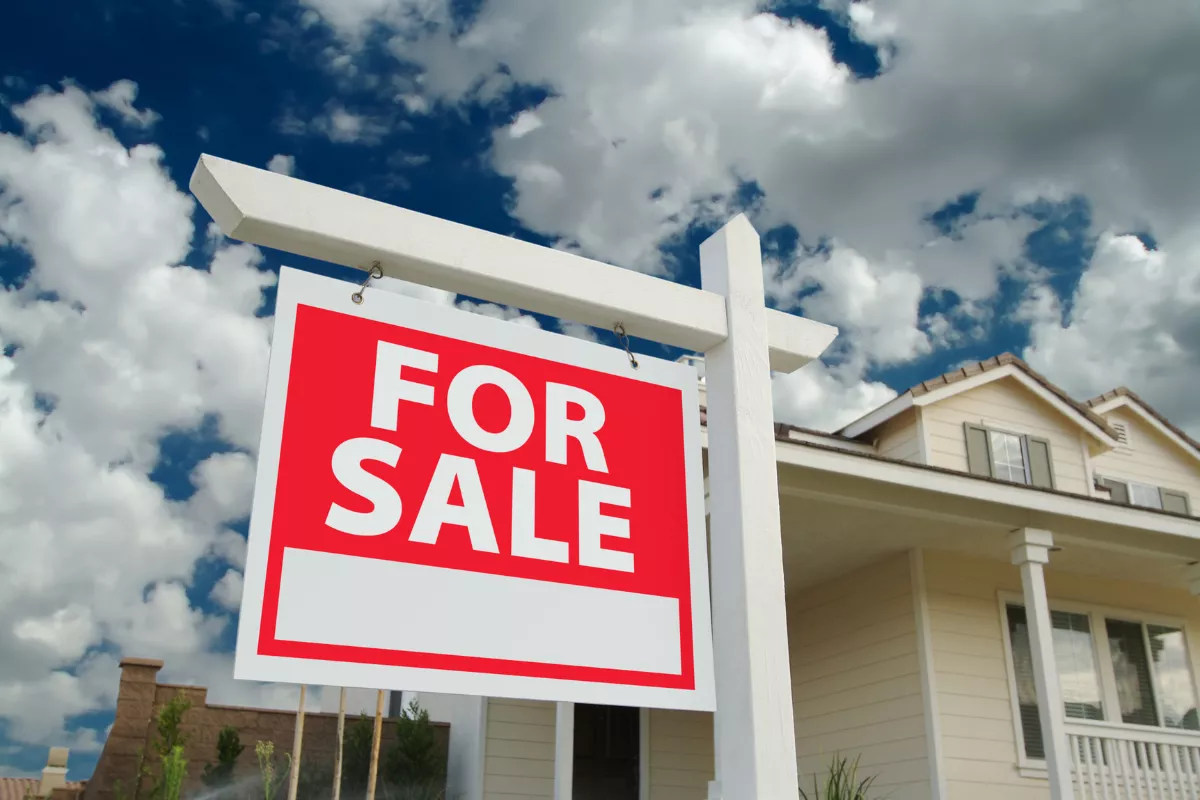
 Marcio Vasconcelos
Marcio Vasconcelos
